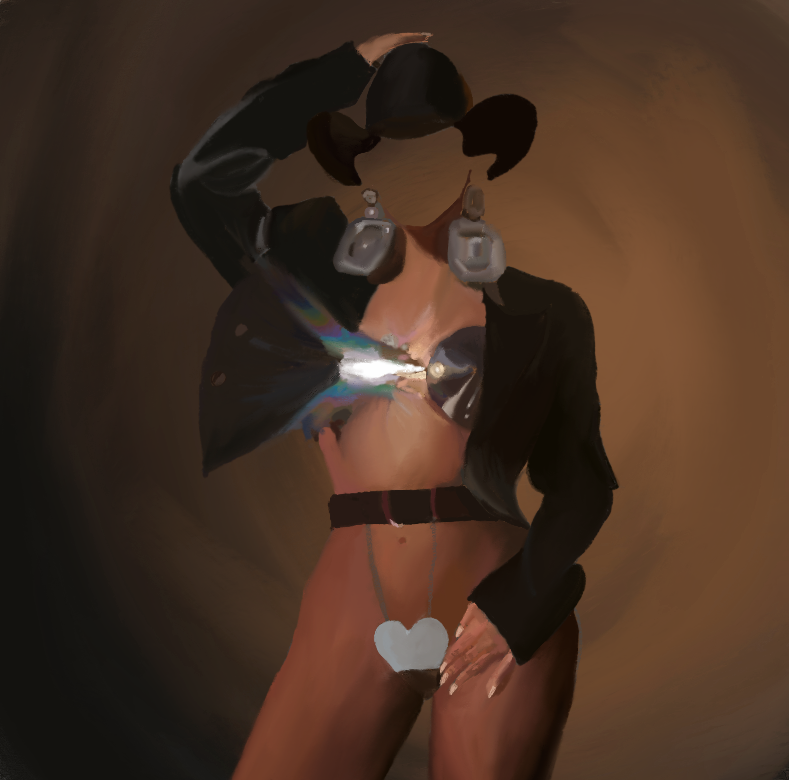This past month, the singer Beyoncé released co-singles “16 CARRIAGES” and “TEXAS HOLD ‘EM” during the Super Bowl through a commercial announcement advertisement. Both singles are a part of the heavily anticipated “Act Ⅱ” album to be released March 29. This addition was revealed to be a country album. “TEXAS HOLD ‘EM” and “16 CARRIAGES” are both homages to the singer’s southern roots.
“TEXAS HOLD ‘EM” has been described by critics as a “love letter to Texas” and a “country banger.” The song alludes to poker through the title, and through the lyrics she’s asking her male companion to stop playing cards and join her on the dance floor. In the south, line dancing is a significant part of the culture and she signifies that through references to “a real life hoedown,” “a dive bar” and “rugged whiskey.” The song features instrumentals from the violin and banjo.
“16 CARRIAGES,” on the other hand, is a deeply personal ballad of the singer’s real-life experiences. She describes her parents’ divorce and the impact of coming from a broken family, “Had to take care of home at an early age I saw mama cryin’, I saw daddy lyin.’” Then she transitions to the struggles of getting involved with the music industry, “Overworked and overwhelmed.” In the chorus she describes having her innocence stolen away and being devastated by the realities of life, “Sixteen carriages drivin’ away while I watch them ride with my dreams away.”
Both songs have deep country overtones, vocally and sonically, yet the singles have been met with criticism from the country music community. Recently, a country music radio station in Oklahoma rejected a request from a listener to play “TEXAS HOLD ‘EM.” This opened the door for discourse about Black artists being excluded or rejected from the country music community.
In 2016, Beyonce dropped “Daddy Lessons,” where she detailed her relationship with her father and important lessons that prepared her for navigating adulthood. The track was rejected by the country music category committee of the Grammys, despite the singer performing the song at the Country Music Awards.
This is not the first time Black artists have had a hard time making their way in the country music scene. In 2019, Billboard music removed Lil Nas X and Billy Ray Cyrus’ hit song from the country music charts, implying it did not embrace the elements associated with country music. Critics were able to come to the common medium and express sentiments that the song ultimately was just not “country enough.”
This begs the question: what is country music and who is tasked with making the distinctions for the genre as time progresses?
Country music was first developed in the 17th century by European and African Immigrants through folk songs and traditional instrumentals. Country music has a notable reputation to uphold traditional American values through music, for most, some artists that come to mind are Tim McGraw, Carrie Underwood or Johnny Cash, all great artists who considerably dominate the country music scene. Without casting any doubt on their musical ability or talent, what is their commonality?
Some of the most notable contributions to country music have been from African American artists, yet those perspectives are not associated with the traditional American viewpoints of country music.
Some of those artists include DeFord Bailey, who was recognized for his harmonica in music and the first Black artist to perform at the Grand Ole Opry. Charley Pride was the first Black artist to be inducted to the Country Music Hall of Fame for his accomplishments with intertwining pop and R&B with country. Next, Ray Charles received accolades for mixing pop and R&B with country music in a way that developed the genre to reach numerous demographics. These are a few of the many Black artists who worked considerably hard and faced great adversity to establish themselves within the genre, yet they are not the first to come to mind when country music comes up.
When examining traditional “American” modules and illustrations, minorities are often left out or viewed as subpar. With that being said, minorities will continue to work to establish themselves in an industry that their ancestors founded. In the meantime, we must ask ourselves, just because something is different does that mean it does not belong?











